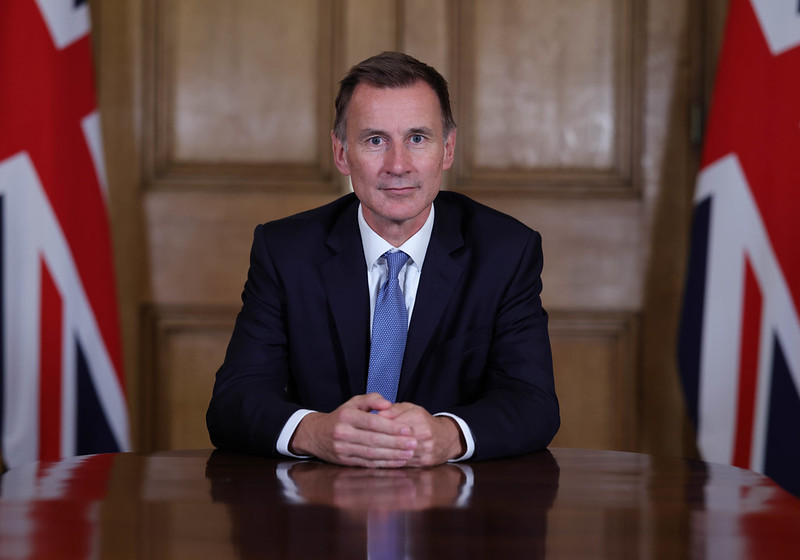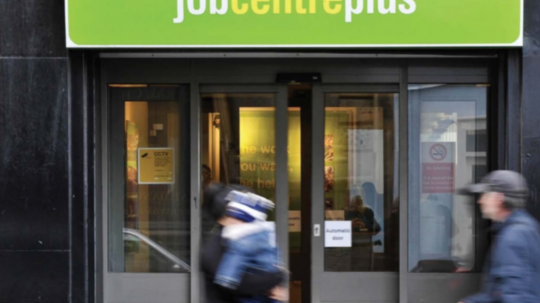Two million people on legacy benefits missed out more than £1,500 in extra Universal Credit support payments during the Covid-19 lockdown in the UK. Four claimants brought a challenge to the High Court in November 2021 in relation to the UK government’s failure to apply a similar increase to legacy benefits. Today, the Court of Appeal will heard the case.
During UK national lockdowns between April 2020 to October 2021, people on Universal Credit received a £20 weekly increase from the Department for Work and Pensions (DWP). The increase was to help them pay for additional costs incurred during the pandemic and any subsequent lockdowns.
Over 2 million people were excluded
However, the uplift was not extended to more than two million people on older benefits such as employment support allowance, income support and jobseeker’s allowance – which campaign groups said disproportionately affected disabled people.
In November 2021 four claimants brought a challenge to the High Court over the government’s failure to apply a similar increase to legacy benefits. Two of the claimants were receiving employment support allowance and the third and fourth claimants were receiving income support and jobseeker’s allowance.
While the High Court accepted that there was discrimination towards disabled people on legacy benefits, the judge ruled that the difference in treatment was justified.
On 18 February, William Ford KQ responded to the judgment, stating: “[The] judgment out today on failure of government to apply the £20 uplift to those on legacy benefits. Unfortunately we lost. I know this will be enormously disappointing to those in receipt of legacy benefits. We are looking at the merits of an appeal.”
Claimants in the judicial review case argue that their exclusion from additional support payments amid the pandemic equates to unlawful discrimination in breach of Article 14 of the Human Rights Act which enshrines the right to freedom from discrimination.
Jamie Burton KC said: “Everyday I receive heartbreaking and enraging messages from people struggling on legacy benefits for whom the cost of living crisis is nothing new.”
Burton also said that claimants had shown “great patience and fight”.
A pandemic, national lockdowns and now a cost of living crisis
People living in the UK have overcome a lot since 2020, including navigating a pandemic and national lockdowns, and are now faced with a cost of living crisis, which is impacting quality of life.
Under Article 11 of the the International Covenant on Economic, Social and Cultural Rights, everyone has the right to an adequate standard of living, which the Universal Credit uplift was introduced to help with.
The UK is facing the blow of a range of impacts including long-term failure to grow the economy, an ageing population and high levels of borrowing in recent years. Household incomes are set to fall then recover gradually, and public services will continue to struggle.
Recent updates from the autumn statement
Since March, the Office for Budget Responsibility (OBR), the UK’s economic forecaster, has revised its estimates of spending on disability and universal credit benefits by staggering £7.5bn a year and estimates of the number of recipients are more than a million. At the same time, there is a delay until 2028 in moving existing claimants of out-of-work health-related benefits onto Universal Credit.
Paul Johnson, director of the Institute for Fiscal Studies, said: “This looks horribly like an effort to push a relatively small increase in spending to beyond the forecast horizon, and in doing so delaying the full roll-out of the new system. This is very odd, and very concerning.”
Household income to dive. Meanwhile, unemployment will rise
On 17 November, chancellor of the exchequer Jeremy Hunt released the autumn statement, which he says will deliver a plan to tackle the cost of living crisis and rebuild the economy.
The statement came amid findings from the OBR stating that household incomes will dive by 7% and unemployment will rise by more than 500,000 across the country.
Earnings and household incomes have barely risen in recent years and Johnson said it looks like people will be “30% worse off than expected had pre-financial crisis trends continued through to the mid-2020s”.
What is next?
While there is no guarantee that a ruling in favour of the claimants would result in backdated payments for people across the UK who also missed out on the extra support, it could lead to similar legal challenges in the future. If the government were to pay backdated payments to the 2 million people on legacy benefits who were excluded from the extra support, they would be looking at parting with up to £3bn.
A judgment on this case is expected from the Court of Appeal in the following weeks.





